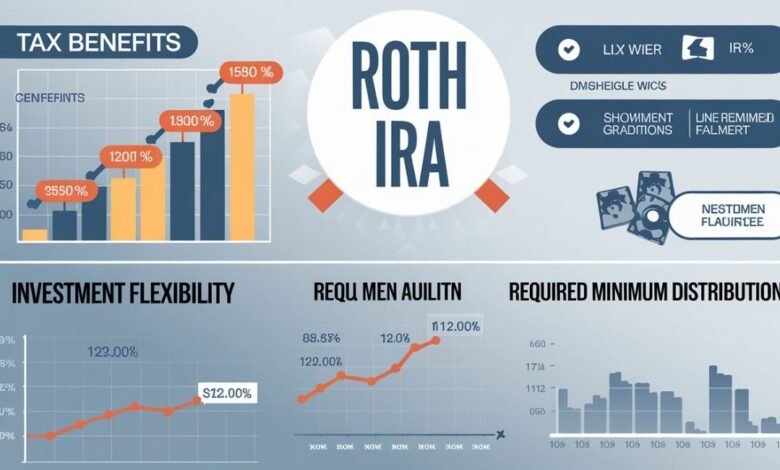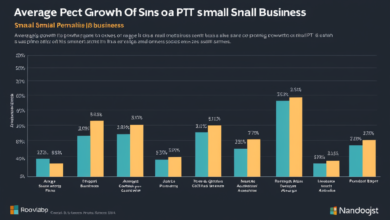The Long-Term Benefits of Choosing Roth Over Traditional IRA?

When planning for retirement, a key decision is whether to choose a Roth or Traditional IRA. Understanding the long-term benefits of each can help you make an informed choice that aligns with your financial goals. This article will explore why a Roth IRA might be more beneficial in the long run compared to a Traditional IRA.
Tax-Free Withdrawals in Retirement
One of the most significant advantages of a Roth IRA is the ability to withdraw your money tax-free during retirement. Since contributions to a Roth IRA are made with after-tax dollars, you don’t pay taxes on the money when you withdraw it in retirement. This can be especially beneficial if you expect to be in a higher tax bracket when you retire.

In contrast, with a Traditional IRA, you’ll pay taxes on the money you withdraw because your contributions were tax-deductible when you made them. The tax-free nature of Roth IRA withdrawals can provide greater financial flexibility in retirement, allowing you to keep more of your savings.
No Required Minimum Distributions (RMDs)
Roth IRAs offer the benefit of not having Required Minimum Distributions (RMDs). With a Traditional IRA, you are required to start taking distributions at age 73, which means you must withdraw a certain amount of money each year, whether you need it or not. These withdrawals are taxed as income, which could push you into a higher tax bracket.
The absence of RMDs with a Roth IRA allows your investments to continue growing tax-free for as long as you like.
Flexibility for Heirs
A Roth IRA can also be more beneficial for your heirs. Since Roth IRA withdrawals are tax-free, your beneficiaries won’t owe taxes on the money they inherit.
On the other hand, heirs of a Traditional IRA must pay income taxes on the money they inherit, which can reduce the amount they ultimately receive. Choosing a Roth IRA can provide a more tax-efficient way to transfer wealth to your loved ones.
Better Control Over Tax Planning
Another long-term benefit of a Roth IRA is the control it gives you over your tax planning. Since you pay taxes on your contributions up front, you have certainty about your tax situation in retirement.

With a Traditional IRA, you’re deferring taxes until retirement, which means you’re taking a gamble on what your tax rate will be when you start withdrawing money.
No Penalties for Early Withdrawals of Contributions
Roth IRAs offer greater flexibility when it comes to accessing your money before retirement. You can withdraw your contributions (but not the earnings) at any time without penalties or taxes. This can be helpful in case of an emergency or if you need funds for a significant expense.
Traditional IRAs, however, impose a 10% penalty on early withdrawals before age 59½, in addition to income taxes on the amount withdrawn. The ability to access your contributions without penalties makes a Roth IRA a more flexible option for those who might need access to their money before retirement.
Choosing between a Roth and a Traditional IRA depends on your current financial situation and your expectations for the future. SoFi advisors say, “Saving for retirement does not have to be complicated.” The long-term benefits of a Roth IRA, including tax-free withdrawals, no required minimum distributions, flexibility for heirs, better tax planning control, and penalty-free access to contributions, make it an attractive option for many savers. Consider these factors carefully to determine which type of IRA best fits your retirement goals.




